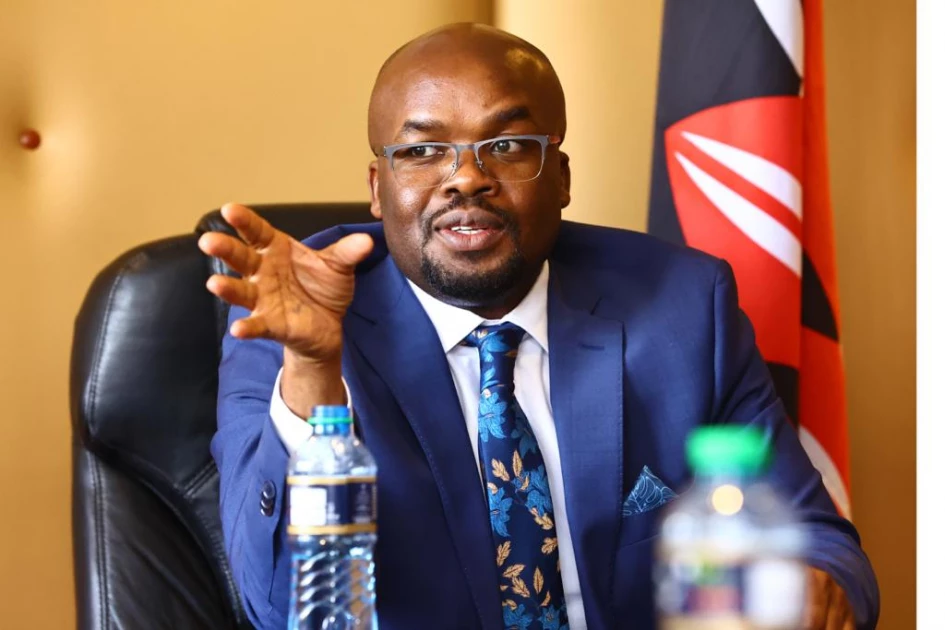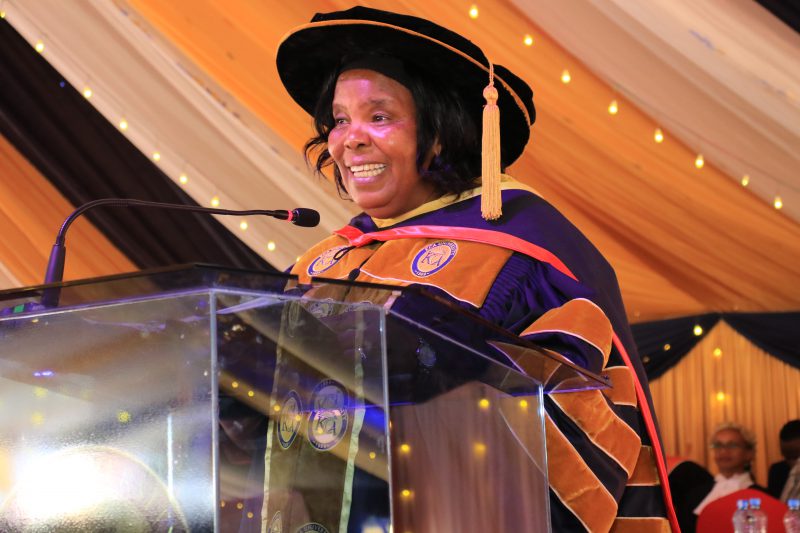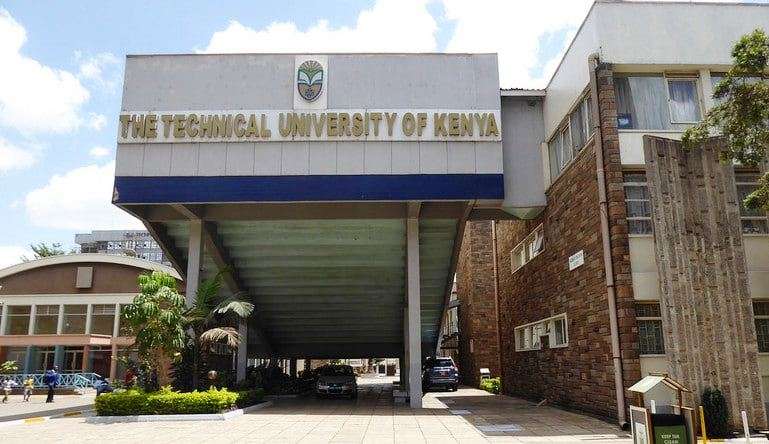Kenya, Uganda, and Tanzania have initiated a three-year collaborative project aimed at combating transnational organized crime and strengthening the capacities of border authorities in the Lake Victoria sub-region. This effort follows concerns about the lack of coordination and collaboration among the three nations’ security and control agencies, which has led to increased cross-border crimes, misinformation, and conflicts between agencies and communities.
Speaking on the issue, Kenya’s Internal Security Principal Secretary, Dr. Raymond Omollo, highlighted the inadequate surveillance and limited rescue capabilities on Lake Victoria, putting lives at risk during emergencies. “For years, we have struggled with challenges stemming from poor coordination between our border security agencies. This disjointed approach has left us exposed to cross-border criminal activities,” Dr Omollo remarked.
The countries are now focused on improving coordination among their border authorities, enhancing port management, and fostering stronger ties between border communities and law enforcement. These measures aim to prevent transnational crime in the region effectively.
Dr Omollo, who also chairs the Border Control and Operations Coordination Committee (BCOCC), addressed the issue during the fourth Regional Working Group on Countering Transnational Organized Crime on Lake Victoria, held in Mombasa. He praised efforts made by the U.S. Bureau of International Narcotics and Law Enforcement and the International Organization for Migration (IOM), which have trained Kenyan DCI officers from the Transnational Organized Crime Unit (TOCU). Additionally, 55 immigration officers have been trained in document examination, fraud detection, and behavioural analysis.
Recent efforts in Kisumu, Kenya, have focused on discussing border governance and regulatory frameworks. At the same time, meetings in Entebbe, Uganda, led to the validation of assessment reports and a strategic invitation to the East African Community to join the initiative. In Mwanza, Tanzania, the focus shifted to equipping border authorities through training programs and providing equipment. Maritime security training has also been conducted, with 24 Kenyan officers undergoing training to later serve as trainers.
Dr. Omollo emphasized that the Regional Working Group, comprising officers from key border agencies in Kenya, Uganda, and Tanzania, has played a crucial role in advancing regional security cooperation. “We are at a pivotal moment in our collective efforts to safeguard Lake Victoria and the surrounding regions,” he said.
Despite Lake Victoria being a vital source of life, commerce, and cultural exchange for the three nations, it also presents significant security challenges requiring coordinated action. To address these, several key initiatives are underway, including joint maritime training in Kisumu and the refurbishment of the Kisumu Port Joint Operation Center (JOC) to enhance coordination and information sharing.
Dr Omollo has proposed several recommendations, such as the establishment of a regional maritime rescue coordination centre for Lake Victoria, which would focus on coordinating information sharing, rescue operations, and combating transnational crime. He also called for harmonizing fishing regulations and law enforcement frameworks across Kenya, Uganda, and Tanzania to close regulatory loopholes and improve security and sustainable resource management on Lake Victoria.
The meeting was attended by key regional figures, including Evelyn Cheluget, Director General of Kenya’s Directorate of Immigration Services; Kennedy Nyaiyo from the BCOCC; Marcellino Bwesigye, Assistant Commissioner for Immigration Control and Head of the Ugandan Delegation; Ahmad Mwendadi, Head of Training, Advocacy, and International Cooperation from Tanzania; Parvathy Sankar, Deputy Director for the U.S. Bureau of International Narcotics and Law Enforcement in Kenya; and Sharon Dimanche, Chief of Mission for IOM Kenya.





